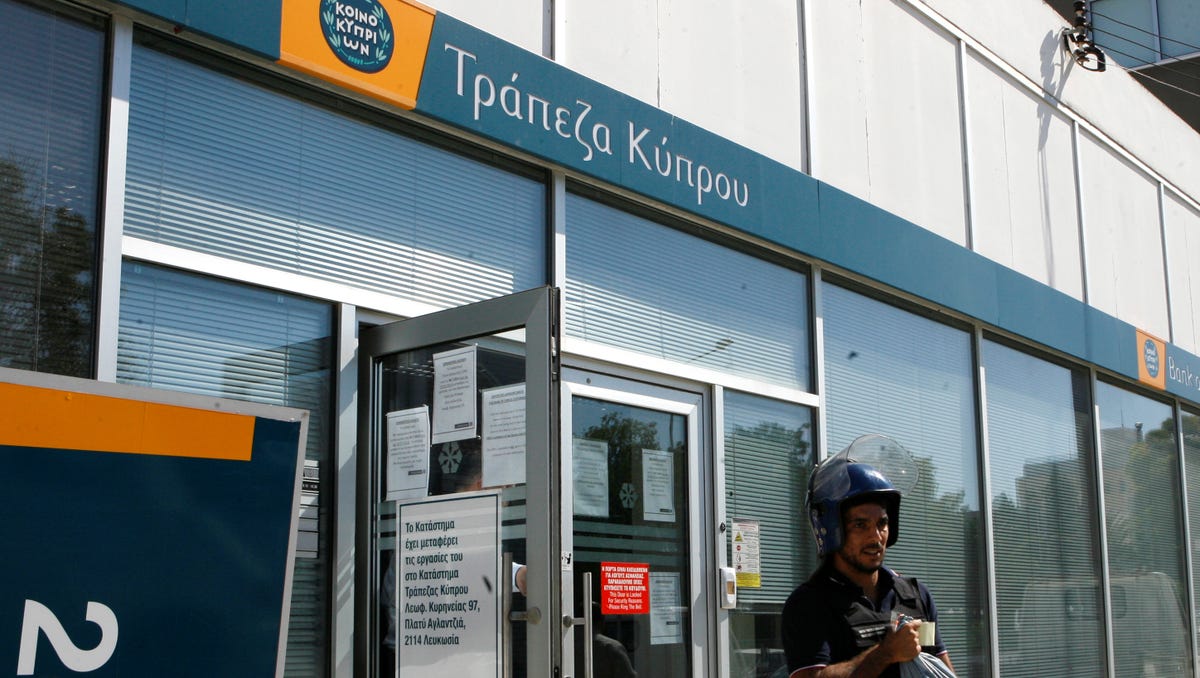NoRegretsCoyote
Registered User
- Messages
- 5,766
Good point. Maybe I should amend the thread title to "What is the risk to state savings and state guaranteed savings?"
Brendan
Perhaps make it clear that you mean the risk from haircuts and/or maturity extensions.......if that's what you mean.
